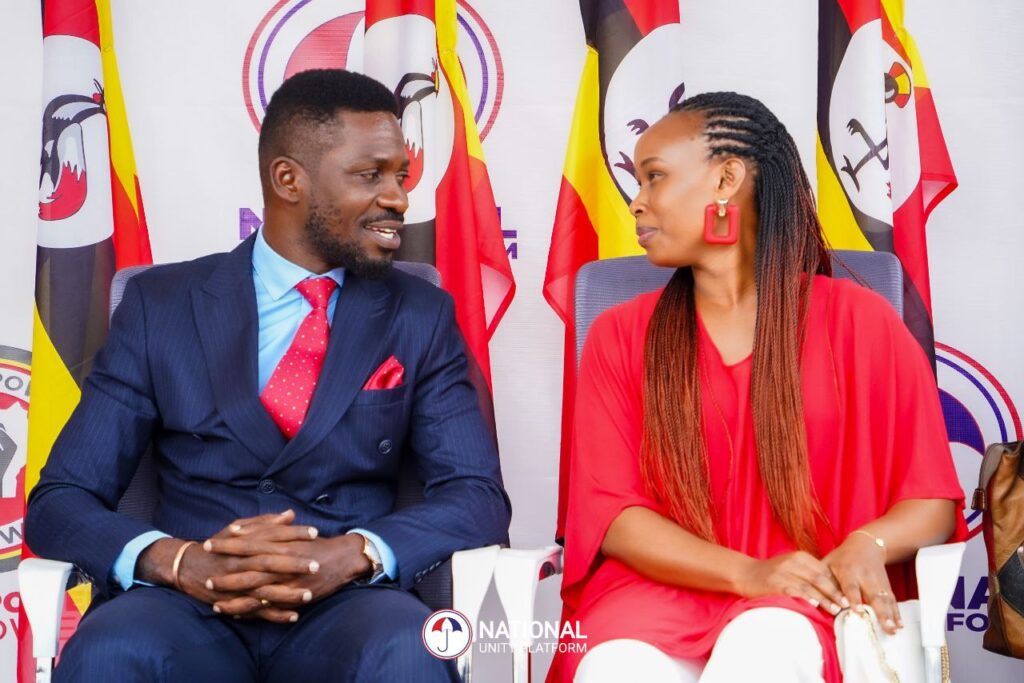The United Kingdom has officially revoked a ten-year ban on Robert Kyagulanyi, the leader of Uganda’s National Unity Platform (NUP), widely known as Bobi Wine.
The ban, initially imposed due to his controversial anti-gay lyrics in 2014, urged the public to take action against individuals he referred to as “battymen.”
Human rights activists lobbied the UK’s Home Office to deny Kyagulanyi entry and cancel his scheduled performance at the Troxy Arena in the UK, which resulted in his exclusion from England for a decade.
In a brief statement, Kyagulanyi expressed his happiness over the lifting of the ban, saying, “I am very glad to inform you that the UK ban against me has finally been overturned, and I will soon be visiting the UK after more than 10 years.”
He thanked their legal team in the UK and the People Power diaspora supporters who advocated for his cause, emphasizing the unfairness of allowing entry to General Museveni, a renowned tyrant, while denying him and others striving for a free and democratic Uganda.
Kyagulanyi has engaged in discussions with British diplomats, international lawyers, and activists to facilitate his travel to the UK.
During the ban period, Kyagulanyi was forced to cancel two planned performances in Birmingham and London, where he was scheduled to support the Ugandan drama and music group, the Ebonies.
His shows had sparked objections from gay rights campaigners due to his songs containing overtly homophobic lyrics and calls for violence against the LGBTQ+ community.
The UK’s Criminal Justice and Immigration Act of 2008 prohibits inciting hatred on the grounds of sexual orientation.
However, Kyagulanyi clarified his stance on homosexuality, emphasizing his disagreement without threatening individuals based on their sexual orientation. He called for the respect of his right to express his opinion.
Shortly after this incident, Uganda’s Constitutional court overturned a ruling that would have subjected homosexuals to life imprisonment, although homosexuality remains illegal in the country.
Kyagulanyi, known for socially-conscious songs addressing people’s issues, gained prominence through songs like “Ghetto” in 2012, which challenged Kampala authorities and garnered a loyal following despite being banned.
He has been an outspoken critic of policies favoring the upper and middle classes.
In a related development, Uganda’s anti-homosexuality law, which includes the death penalty for “aggravated homosexuality,” has drawn condemnation from Western countries and potential sanctions from aid donors.
President Museveni’s endorsement of this law led to a global outcry, with United States President Joe Biden describing it as “a tragic violation” of human rights and pledging to assess its implications on U.S. engagement with Uganda.
